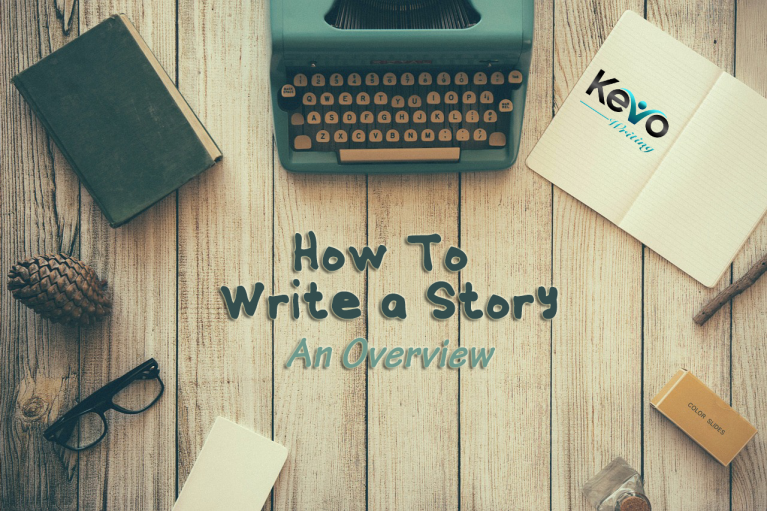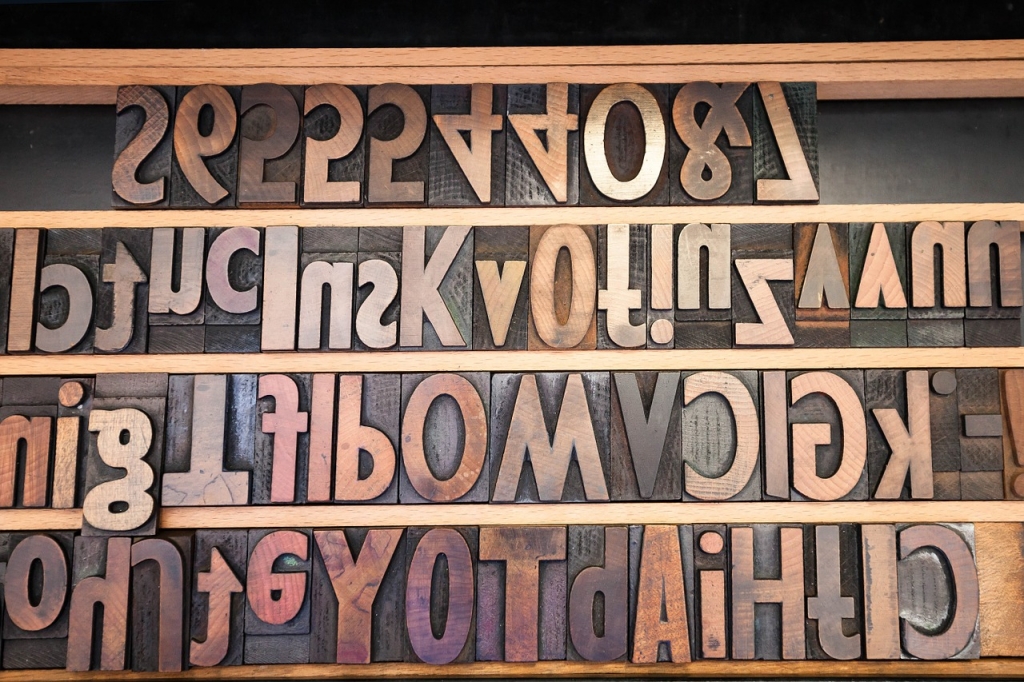Have you ever wondered about how to write a story? There’s nothing better than sitting down at your computer, opening a blank Word document, and staring at your screen for the next ten hours. It’s a simple life to be sure, but one that many writers know all too well. My computer and I often get into staring matches. Unfortunately, I lose more often than I would like, but I swear, one day my screen WILL blink first. I digress. So you want to know how to write a story?
First, we need to discuss what a story is. Definition:
- An account of incidents or events.
- A statement regarding the facts pertinent to a situation.
- The intrigue or plot of a narrative or dramatic work.
- A news article or broadcast.
The story has quite a wide breadth of possibilities. The great news, you’re not limited. A story can be short or long. It can be anecdotal, newsworthy, fictional, fact-based, or a simple retelling of a memory. There are endless stories to tell. The first step in how to write a story.
Find Your Story
Finding your story is by far the most difficult part of the story writing process and why we frequently lose staring matches with our computers. Yes, a story can be anything, but there are a lot of ‘anythings’ that have already been told. Don’t use someone else’s story.
Yes, Hollywood is famous for “reboots” or even creating prequels or sequels to a separate story or TV show. As a writer, you have a MUCH more difficult job. I don’t care how much you love A Song of Ice and Fire you can’t use Martin’s world to create your story. You have to create your world and populate it, but you do have help.
Hobbits, Jedi, and thrones of swords are lost to you, but there are countless other myths, legends, and stories that are available. The classic tale of growing up is available to everyone. You just need a character and a background that make sense for your writing style. A piece of news is public information; you just have to add your spin. Myths about vampires, dwarves, elves, werewolves, and fairies proliferate, make them yours.
To find your story, find what you enjoy. If you want to know how to write a story, you first have to know how you write and what you want to write. Hopefully, if you looked up this blog, you already know what you enjoy, if you don’t, you need to find it. Read. Study other writers in the area you enjoy. If you want to write news stories, you better read the news constantly. If you want to write fiction, you better read a book a week. The more exposed you are to the story world you enjoy, the better chance you’ll find your story.
Discover Your Voice
The absolute best part about writing a story is the fact that it’s you on a page. No matter if you’re writing a short news piece or a two-hundred-thousand-word fantasy novel, your story is you. Your voice is how you write. It’s the cadence, the flow, the word choice, the sentence structure, and the way you piece it all together.
However, there’s a big caveat. This blog is not about how to write a story that no one reads. If you want your story to be read, published, and engaged with, it has to fit your genre. Right now, this blog is a story. My voice is laid back, conversational, humorous, and also informative. My voice works because a blog can have any voice you want. If I were writing a magazine article, I would have to be much more research oriented and fact-focused. If I were writing a book, my voice would have to match my genre: the voice does drastically change within genres.
If I were writing a magazine article, I would have to be much more research oriented and fact-focused. If I were writing a book, my voice would have to match my genre: the voice drastically changes within genres. Your voice should still sound like how you speak and think no matter what you write, but it also needs to fit your subject matter.
Jeff Goins has a great article about finding your voice. Follow his ten tips if you’re struggling with getting words on the paper.
Create an Outline
Now, I know there will be some debate about this step, but before you argue, let me explain. An outline doesn’t have to be a step-by-step detailed process or structure for your story. In fact, an outline can be as detailed or as basic as you need it to be, but I don’t recommend starting to write without a plan.
An outline is what teaches you how to write a story. It gives you the big points, the opening, the middle, and the end. A good outline will tell you where you need to add facts, who your characters are, and what direction you want the story to head. Even if you’re writing a magazine article, an outline will help you on your way. Outlines help you write better, faster.
The best part of an outline, it will save you time and heartache later. When you don’t outline, you could write yourself into a corner, lose your way, or require a larger edit to add in what you missed.
Start Writing
No matter what you want to write, the MOST IMPORTANT answer to how to write a story is to start writing. If you want to write a book, start writing short stories. If you want to write for a magazine, submit magazine articles online. If you want to write a blog, start writing a blog.
About three months ago now, I decided to quit my corporate job for freelance writing. I’ve been a writer my entire life, but never full time. Now that I write full time, my writing has improved by leaps and bounds. I didn’t expect my writing to change so drastically so quickly, but the more I’ve written on a daily and hourly basis, it seems my brain has begun rewiring itself to be a better writer.
Now, this doesn’t mean you need to write full time, but you should try and write every day. Even if you can only take twenty or thirty minutes to write, do it. Your voice will become clearer, your outlining will become easier, and your story ideas will jump out sooner.
The steps above provide a basic overview of how to write a story. How To Write a Story will be a series of blogs with more depth and details found in each blog. If you have questions or sections you want covered in more detail, leave a comment. I’ll be sure to write a blog on that subject.
























